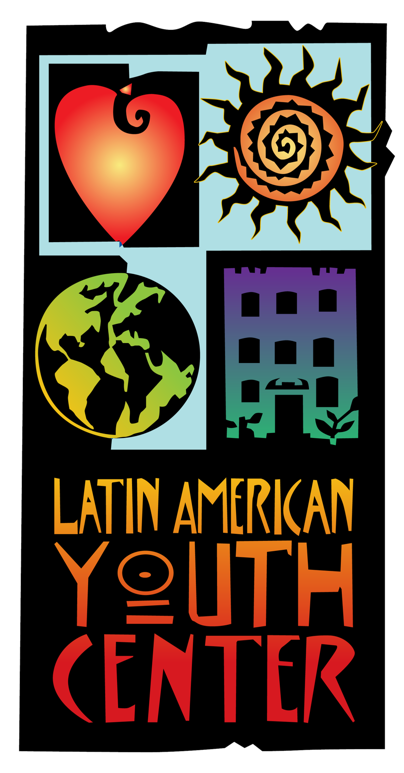Sharpening our “Focus” on Personal Responsibility Education
One of LAYC’s number one priorities is elevating youth voice. Alongside this is enhancing their ability to determine and develop their own strategies for achieving the goals they themselves define. This is the essence of our PREIS program, which wants the very youth that participate in the program to guide how it evolves.
LAYC Staff promoting Many Ways of Being curriculum
Before we get to that, the Personal Responsibility Education Innovative Strategies (PREIS) program is a transformative program dedicated to the development of LAYC youth aged 15-19. PREIS takes a dynamic approach by integrating two separate curricula, one focused mainly on reproductive health (Many Ways Of Being, or “MWB”) and another focused on career readiness (Career Readiness Program).
Recently, the Personal Responsibility Education Innovative Strategies (PREIS) Program held a focus group after our Spring 2023 Cohort. During the focus group session, participants had the opportunity to share their thoughts on how these curricula have positively impacted their lives. Hear directly from the youth themselves as they express their experiences, shedding light on the profound ways PREIS has influenced their personal growth and promising futures in the quotes below.
The following are unedited responses from the youth, who we’ve left anonymous.
What are some of the biggest issues teens face?
-
When they have a problem, they decide not to talk to anyone, and they prefer to keep their pain in and not talk about it … Because in the past, they have experienced that people will judge them, and then after that situation, they decide not to talk because they feel like others will judge them again, but it’s not like that. There are many people who can help you. For example, Many Ways of Being.
-
“Lots of times, teens face traumas that they experienced when they were little, and then when they reach my age, it’s difficult to express yourself. And these traumas affect day to day life. Many times they don’t want to talk with others about this because they feel shame about the trauma they suffered.
What was MWB trying to teach you all?
What were the key messages you learned?
-
“I think the program was about teaching teenagers to have self-love and to understand that society often judges them, causing them to close themselves off and not do the things they want because they worry about what others will say. The program also explains about sexuality and genders, how people identify, and provides explanations about these topics.”
-
“For me, and this is only me personally, I can’t speak for everybody else…what I got was be careful, and there’s not just pregnancy. You gotta be careful for sexual diseases and all these types of things … just to, you know, be careful and be wise and be smart with who you choose who to be with.
What was your favorite part of MWB?
-
“[The facilitator] was the best part of the program because when you didn't understand something, [they] would look for other ways to explain it better and help you gain a better understanding. [Their] charisma and energy were also the most motivating factors for wanting to learn about the topics.”
-
“My favorite part was just like the interacting with my friends and talking about this stuff because people don’t normally talk about it. I was just interested in it. “
Did you find that anything in particular kind of made that easier or more enjoyable…?
“It was like more of just knowing people in the class. That was like the first part of it because if I didn’t know people I would just be like uncomfortable in the situation talking about it because it’s like ‘I don’t really know you.”

